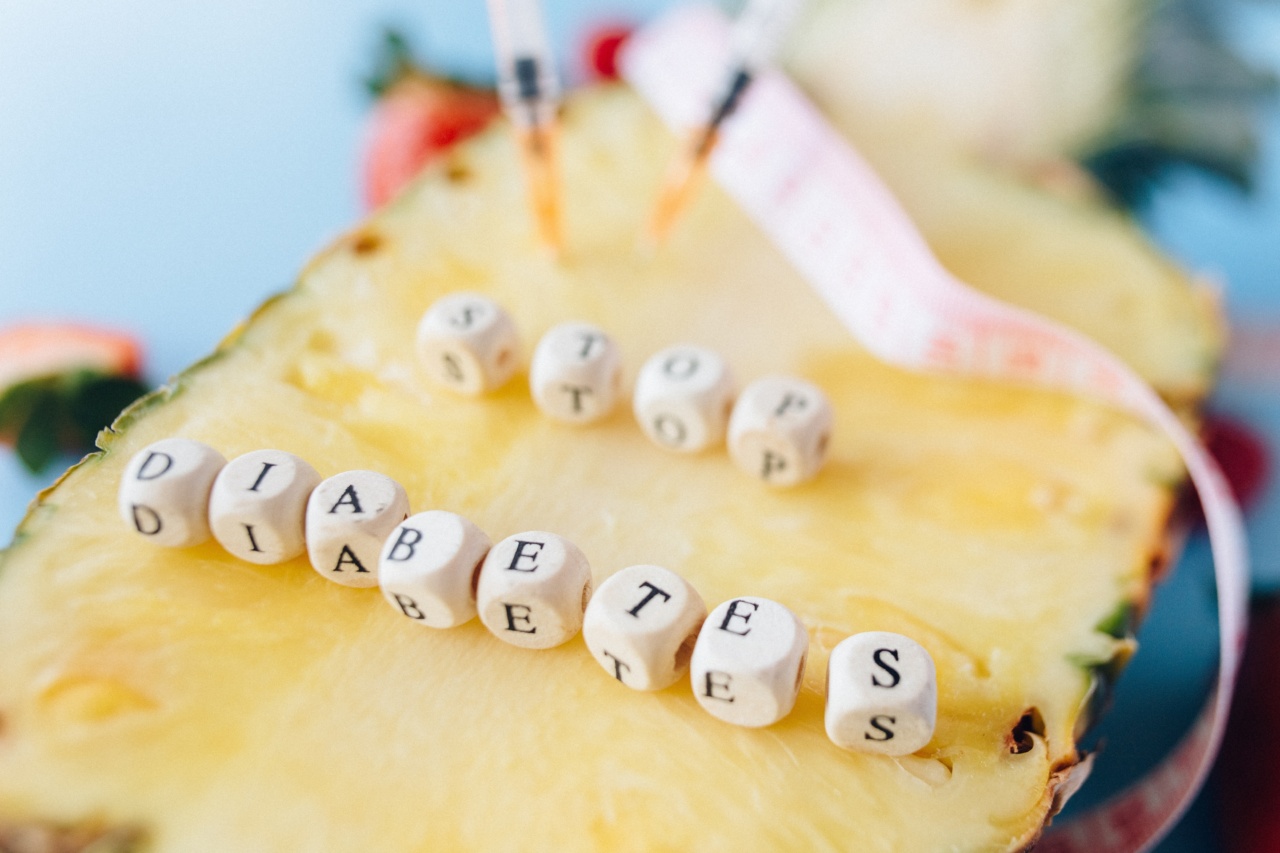Crohn’s disease is a chronic inflammatory bowel disease that can result in malabsorption and nutrient deficiencies. Proper nutrition is essential for people with Crohn’s to manage their symptoms and improve their quality of life.
1. Eat a Low-Fiber Diet
It is essential to limit dietary fiber if you have Crohn’s disease. High-fiber foods can worsen diarrhea and abdominal pain.
2. Increase Protein Intake
Due to malabsorption and diarrhea, people with Crohn’s disease may have difficulty absorbing enough protein from their diet. It is crucial to consume adequate protein to maintain muscle mass.
3. Avoid Dairy Products
Dairy products are known to cause gastrointestinal symptoms, such as gas, bloating, and diarrhea, so it is best to avoid them. If you are lactose intolerant, try lactose-free milk or dairy alternatives like almond or soy milk.
4. Take Vitamin and Mineral Supplements
People with Crohn’s disease tend to experience nutrient deficiencies due to their limited intake or malabsorption.
Supplementing with vitamins and minerals, such as B12, iron, and vitamin D, can help prevent these deficiencies and improve overall health.
5. Drink Plenty of Fluids
People with Crohn’s disease are at risk of dehydration, so it is essential to drink enough fluids. Avoid alcohol and caffeine as they can worsen diarrhea and dehydration. Instead, drink water, herbal tea, or fruit juice.
6. Limit Fat Intake
High-fat foods can worsen diarrhea, so it is best to limit your intake of fried foods, butter, margarine, and high-fat meats.
7. Experiment with Glutamine Supplements
Glutamine is an amino acid that helps support intestinal health. Some studies suggest that glutamine supplements may help reduce inflammation and improve gut function in people with Crohn’s disease.
Talk to your doctor before taking any supplements.
8. Avoid Trigger Foods
Keep a food diary to monitor which foods trigger your symptoms, and avoid them as much as possible. Common trigger foods include spicy foods, caffeine, and high-fiber foods.
9. Eat Small, Frequent Meals
Large meals can trigger gastrointestinal symptoms. Instead, eat smaller meals more frequently throughout the day to help manage your symptoms.
10. Consider a Low-FODMAP Diet
A low-FODMAP diet may be beneficial for people with Crohn’s disease. FODMAPs are short-chain carbohydrates that are poorly absorbed in the small intestine, leading to gastrointestinal symptoms.
A low-FODMAP diet involves avoiding foods high in FODMAPs, such as wheat, garlic, and onions.



























